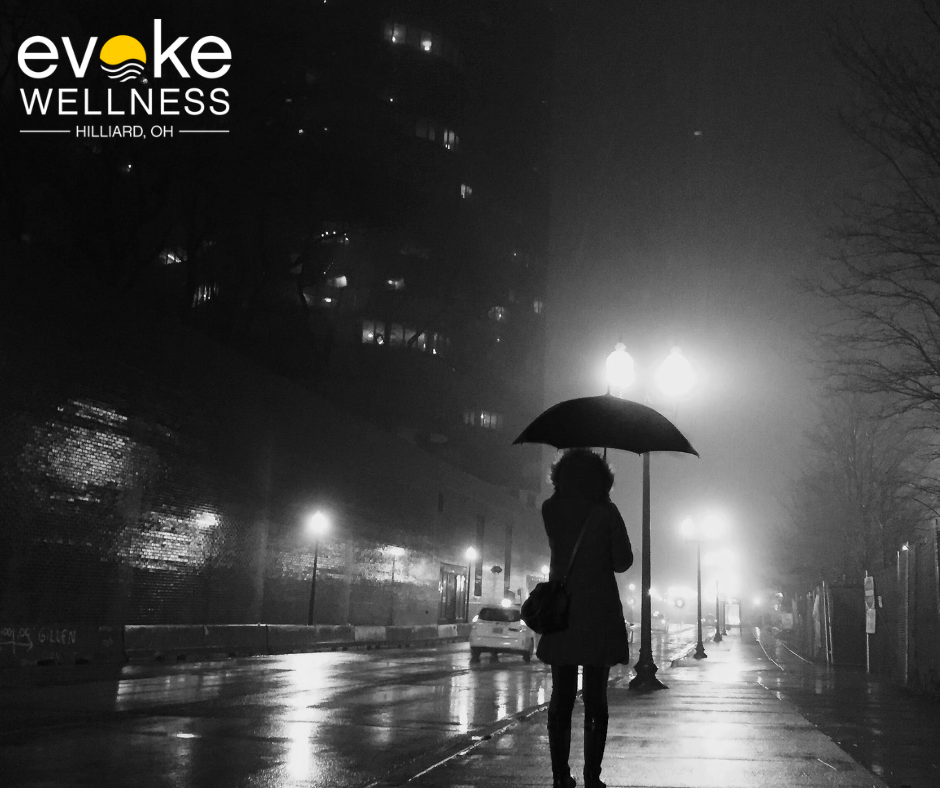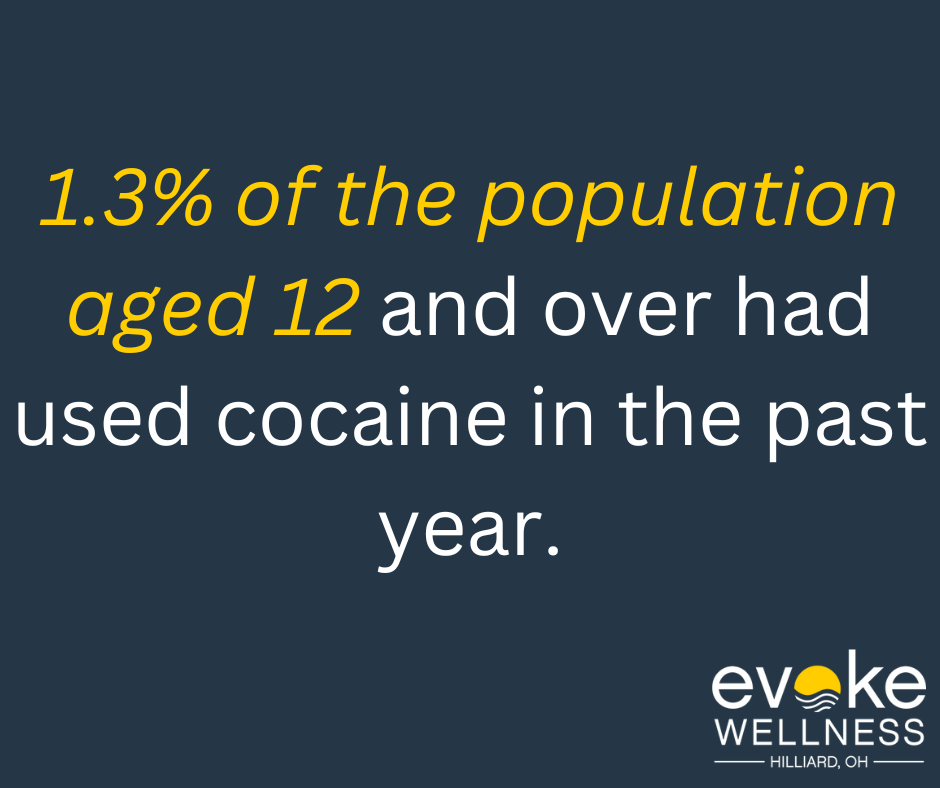You may have noticed concerning changes in a loved one’s behavior lately. Could cocaine abuse be the culprit? As one of the most addictive substances, cocaine use has surged in recent years. Recognizing the signs of abuse early can be life-saving. In this article, you’ll learn:
- Key physical and behavioral indicators of cocaine use
- Statistics on cocaine abuse trends
- How cocaine affects the body and brain
- Options for cocaine detox and rehabilitation
Arming yourself with knowledge is the first step in helping someone overcome addiction. Let’s explore how to spot cocaine abuse and find help.
Call us at (833) 949-1347 today or reach out online.
What Is Cocaine?
Cocaine is a powerful stimulant drug made from the leaves of the coca plant. It produces a short-lived intense high by flooding the brain with dopamine – linked to the reward circuit. Common street names include:
- Coke
- Blow
- Crack
- Rock
Physical Effects
- Increased energy, alertness
- Elevated heart rate, blood pressure
- Dilated pupils
- Nosebleeds (if snorted)
Mental Effects
- Euphoria, overconfidence
- Anxiety, paranoia
- Erratic, aggressive behavior
- Hallucinations at high doses
Cocaine is highly addictive due to its intense but fleeting high, often leading to abuse and dependence. Stopping use can cause withdrawal symptoms like fatigue, depression, and strong cravings.
How Common Is Cocaine Use?
Cocaine use remains widespread. According to the 2020 National Survey on Drug Use and Health:
- Around 5.2 million people aged 12 or older reported using cocaine within the past year.
- 3% of the population aged 12 and over had used cocaine in the past year.
While rates have declined over the past decade, cocaine addiction still affects millions across diverse backgrounds. Entering a professional drug rehab program provides the comprehensive treatment needed for overcoming this powerful stimulant addiction.
Cocaine Effects
Short-Term Effects
- Increased heart rate, blood pressure and body temperature
- Constricted blood vessels
- Dilated pupils
- Nausea
- Erratic, bizarre behavior
Long-Term Impacts
- Loss of smell, nosebleeds, hoarseness
- Severe bowel decay from decreased blood flow
- Higher risk of contracting HIV, hepatitis C and other bloodborne diseases
- Malnourishment, significant weight loss
- Severe tooth decay from dry mouth
- Auditory and tactile hallucinations
The intense but short-lived high from cocaine comes with a devastating physical and psychological cost. Even “recreational” use can quickly spiral into addiction and cause permanent damage. Early intervention gives the best chance at recovery.
What Does Cocaine Do to Your Body?
Short-Term Effects
- Increased body temperature, heart rate and blood pressure
- Constricted blood vessels
- Dilated pupils
- Nausea
- Strange, erratic, sometimes violent behavior
Long-Term Effects
- Nosebleeds and loss of sense of smell
- Lung damage from smoking cocaine
- Infectious diseases and abscesses if injected
- Severe bowel decay from decreased blood flow
- Stroke, heart disease, seizures and respiratory failure
Cocaine is highly addictive. Using it repeatedly can lead to dependence and withdrawal symptoms when stopping use. The cravings and depression that occur during abstinence often lead users to relapse.
Recognizing Cocaine Use
Cocaine is a powerfully addictive stimulant drug. While recent statistics show a decline in use, it remains a major public health issue.
Physical Signs
- Dilated pupils
- Nosebleeds or runny nose
- Loss of appetite and weight
- Increased energy and restlessness
Behavioral Changes
- Erratic, bizarre behavior
- Mood swings and irritability
- Financial issues from drug costs
- Social withdrawal and isolation
Paraphernalia
- Small mirrors or razor blades
- Straws, rolled dollar bills
- Spoons or tiny paper folds
If you suspect cocaine abuse, seeking professional help at a drug rehab or detox center is crucial. Early intervention improves the chances of successful recovery.
Cocaine Addiction
Cocaine addiction has gripped many lives, with recent statistics painting a grim picture. According to the 2020 National Survey on Drug Use and Health, around 1.3 million people aged 12 or older had a cocaine use disorder in the past year.
Signs and Symptoms
- Frequent nosebleeds or runny nose
- Dilated pupils and increased energy
- Erratic or violent behavior
- Financial problems or stealing to support the habit
Treatment
Breaking free from cocaine’s grip requires professional help. Drug rehab programs provide medical detox to manage withdrawal symptoms, followed by therapy to address the root causes. With commitment and support, recovery is possible.
Cocaine Addiction Treatment
Detox & Withdrawal
The first step is medical detox to allow the body to eliminate cocaine safely. Withdrawal symptoms like depression, fatigue and cravings can be managed with medications.
Inpatient Rehab
Long-term residential treatment provides 24/7 support and intensive therapy. Cognitive-behavioral therapy helps identify triggers and coping strategies.
Outpatient Programs
For milder addictions, outpatient programs offer counseling, group therapy and relapse prevention planning while living at home.
Contingency Management
Motivational incentives like vouchers reinforce positive behavior changes. This evidence-based approach promotes abstinence.
Aftercare & Support Groups
Ongoing support like 12-step meetings and alumni programs reduce relapse risks by building sober networks.
Conclusion
In conclusion, recognizing the signs of cocaine abuse is crucial for early intervention and successful recovery. By understanding the physical, behavioral, and psychological indicators, you can take action to help yourself or a loved one break free from addiction. Remember:
- Cocaine abuse is a serious issue, with over 5 million Americans reporting use in 2020
- Professional help through drug rehab and detox programs is often necessary for lasting recovery
- Support from family and friends is invaluable during the recovery process
With awareness, compassion, and proper treatment, overcoming cocaine addiction is possible. Don’t hesitate to reach out for help – taking that first step towards recovery can be life-changing.
Begin Your Journey with Evoke Wellness at Hilliard
If you or a loved one is considering treatment, Evoke Wellness at Hilliard invites you to contact us. Our compassionate team is ready to answer your questions, discuss your needs, and help you take the first steps toward recovery. In Hilliard, you’ll find more than just a treatment program – you’ll discover a community dedicated to your wellness and success. Together, let’s embrace the journey to recovery and the promise of a new beginning. Call us at (833) 949-1347 today or reach out online.



